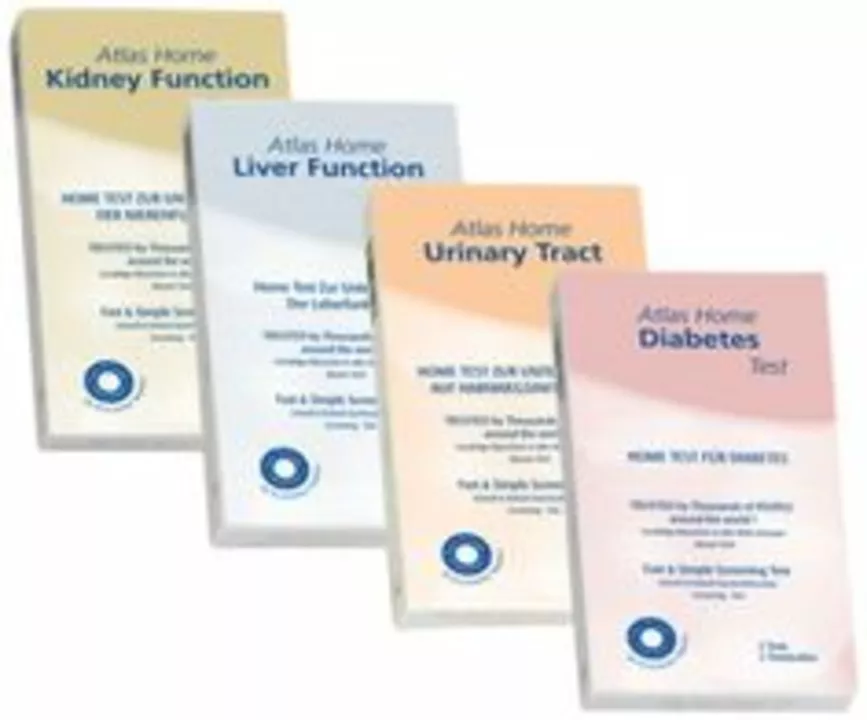Health: Practical Medication Guides and Safe Online Pharmacy Tips
Looking for straight answers about medications, supplements, or buying prescriptions online? You’re in the right place. This tag collects easy-to-read guides that help you decide what to buy, where to shop, and how to use medicines safely.
If you need to buy meds online, start by checking three things: a valid prescription requirement, clear contact details for the pharmacy, and real customer reviews. Articles here walk you through red flags like low prices with no prescription, sketchy shipping policies, or missing pharmacist contact info. Those are common signs of risky sellers.
Quick rules for ordering meds online
Keep your doctor’s prescription handy and use pharmacies that ask for it. Prefer sites that show a licensed pharmacist and provide a phone number. Look for secure checkout (https) and clear return or refund policies. If a site offers prescription drugs without any doctor check, skip it—fast.
Also, compare prices but don’t chase the cheapest option alone. Very low prices can mean counterfeit or expired products. Use reviews and verified ratings from the articles in this tag to find vendors people actually trust. We review popular services and point out what customers liked and what they didn’t.
Medication guides you can use today
Want quick practical info on a drug? We break down what it treats, common side effects, and what to tell your doctor. For example, you’ll find guides on blood thinners like Eliquis with travel tips for missed doses, allergy meds like Xyzal, and antibiotics such as Trimethoprim/Sulfamethoxazole with safety notes. Each piece explains what to watch for and when to call a professional.
Looking for alternatives? We compare drugs so you can discuss options with your provider. Articles list pros and cons for alternatives to common meds—so you can ask targeted questions at your appointment instead of guessing.
Supplements get attention here too. You’ll read clear pieces on options like Tree of Heaven or Asparagus Racemosus that cover reported benefits, typical uses, and safety concerns. If a supplement interacts with prescription meds, we call that out plainly.
If you travel, check our importation and travel-related posts. They explain customs limits, paperwork tips, and how to carry medications so you don’t hit trouble at the border or airport.
Finally, this tag gathers real user stories and expert Q&A. That helps when you want to know how a medication performed for others or how a clinician approaches common problems. Read those pieces to get context—not to replace medical advice, but to make better, informed questions for your provider.
Browse the posts under this tag for specific guides, step-by-step tips, and trustworthy resources so you can manage your health with more confidence.

The link between diabetes and urinary tract spasms
As a blogger, I've recently come across some interesting information regarding the connection between diabetes and urinary tract spasms. It appears that individuals with diabetes are more prone to experiencing these spasms due to high blood sugar levels affecting the nerves controlling the bladder. This can lead to an overactive bladder and frequent urges to urinate, causing discomfort and inconvenience. It's essential for diabetics to manage their blood sugar levels effectively to minimize the risk of developing urinary tract spasms. By staying informed and taking preventive measures, we can better manage our health and avoid complications.

The Relationship Between Sleep and Fluid Retention
As a blogger, I've been exploring the fascinating relationship between sleep and fluid retention. I've discovered that inadequate sleep can lead to an imbalance in our body's hormones, which in turn can cause fluid retention. This is because when we don't get enough sleep, our body produces more stress hormones, making it difficult for our kidneys to regulate water balance. Additionally, poor sleep quality can also lead to inflammation, which can contribute to fluid retention as well. So, if you're struggling with fluid retention, make sure to prioritize getting a good night's sleep to help alleviate this issue.
